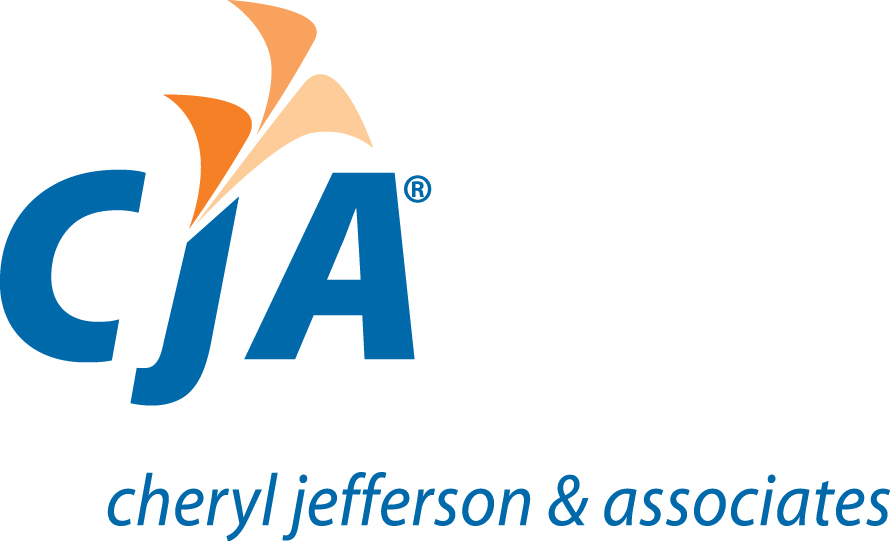Common Problems for the Incurred Cost Submissions
The Federal Acquisition Regulations (FAR) requires government contractors with certain contracts to submit an incurred cost submission (ICS). FAR 52.216-7 requires contractors who have time and material (T&M) or cost-reimbursable contracts to submit an ICS. The ICS schedules reconcile a contractor’s billings with the government. It does this by calculating the final indirect cost rates contractors incur. Government contractors have six months to submit an ICS after their fiscal year is over.
An ICS can be an overwhelming task to complete. The ICS model includes several schedules. Each of these schedules takes time, and usually many documents to complete. With at least fifteen schedules to complete, common problems may happen.
Job Cost Errors
As a government contractor, it is important to classify costs correctly. Therefore, classifying costs as direct, fringe, overhead, general & administrative, and unallowable is necessary. The proper classification minimizes the reporting errors of costs on the ICS schedules.
Segregating costs, such as allowable and unallowable costs, also prevents government contractors from incurring any penalties. The FAR clause 52.242-3 describes how contractors may face penalties as a result of including unallowable costs in their indirect cost pools.
Similarly, the job cost ledger not reconciling with the general ledger is another common problem for the ICS. Examples of why the two ledgers do not reconcile are:
- Not assigning direct costs to a job
- Assigning direct costs to a customer, not to a specific job
- Tagging indirect costs to a job
Invoice Errors
It is important to make sure invoicing for government contracts is done correctly. However, there are different requirements for each type of contract. Some contracts include restrictions or limits on the invoicing for certain costs. On the other hand, other contracts may require to invoice at negotiated rates. Common errors that occur during the invoicing process are:
- T&M contracts are not billed at negotiated rates
- T&M contracts are billed with labor rates and hours as lump sums
- Cost reimbursable contracts are billed like a T&M project.
In addition, over or under billings may exist on Schedule I as a result of job costs or invoicing errors. Due to this, the government contractor may owe the government money, or vice versa.
In conclusion, completing an incurred cost submission is necessary if government contractors have cost reimbursable or T&M contracts,. Therefore, being proactive during the year will help minimize errors when completing an ICS. Ultimately, working with an accountant who specializes in government contracting is the best.
Originally written by Jamie M. Shryock, CPA
Updated and additional content provided by Elizabeth Partlow

